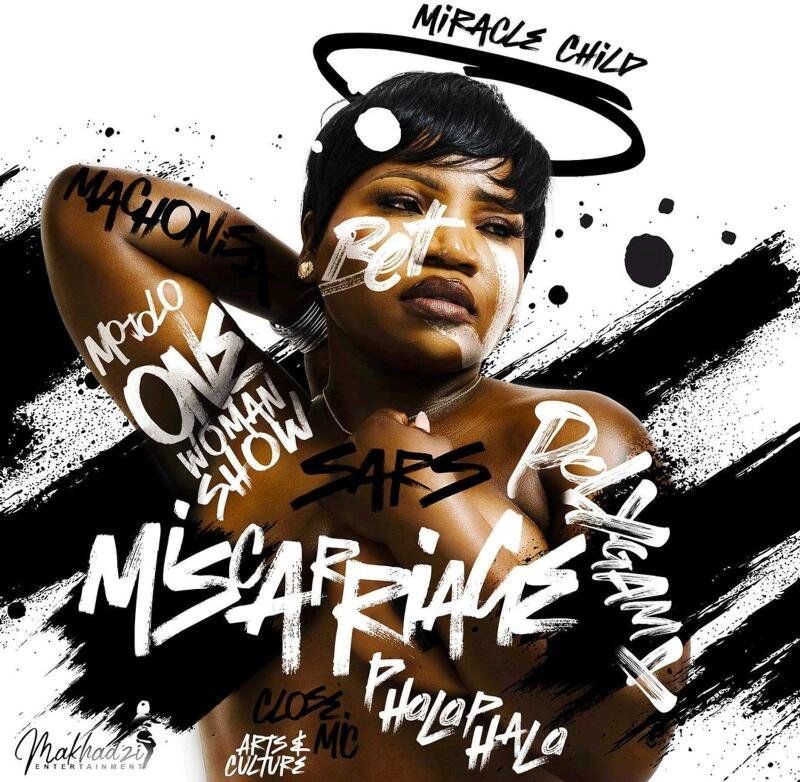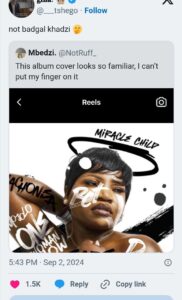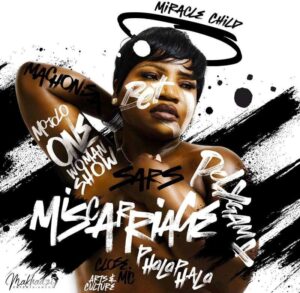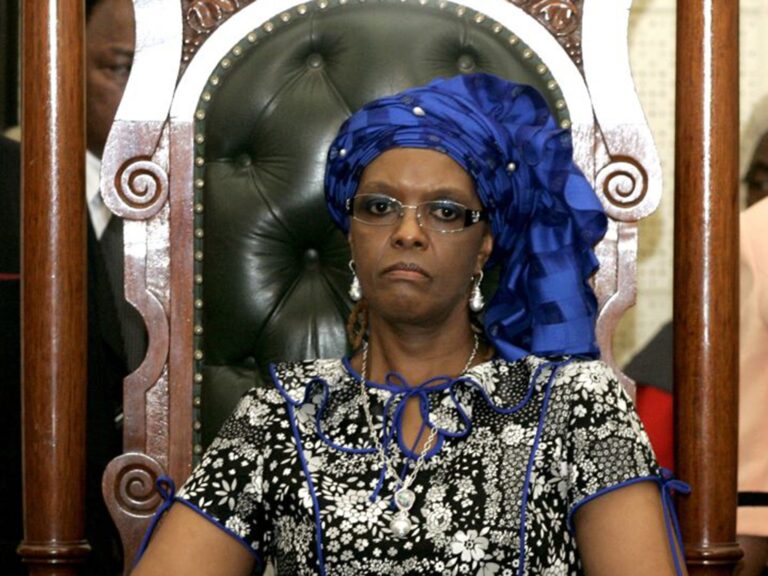
South African musician Makhadzi recently announced the release date of her seventh studio album, “Miracle Child,” set to drop on Friday, September 6. Known for her vibrant personality and unique sound, the Venda-born star took to social media to unveil the album’s artwork. However, the cover has sparked a wave of criticism, with many pointing out its striking resemblance to Rihanna’s 2012 “Unapologetic” album cover.
The similarities between the two covers are undeniable. Both feature the artists posing bare-chested, with bold fonts and a distinct use of colors that seem almost identical. The hairstyle choices, graphic style, and overall aesthetic mirror Rihanna’s iconic album art, leading fans to question Makhadzi’s creative direction.
“Lmao, she didn’t even try. What if the other lady sues?” commented one of her fans, @tseepati, echoing the sentiments of many who felt that the resemblance went beyond mere inspiration. The lack of originality has left some of Makhadzi’s followers disappointed, suggesting that she could have taken a more creative approach that better represents her own artistic journey.
Despite the criticism, Makhadzi’s team has defended the album cover, describing it as deeply personal and symbolic of the singer’s life experiences. The “Miracle Child” artwork is not just a cover—it is a reflection of Makhadzi’s journey, capturing pivotal moments in her life. From her highly publicized struggles, such as her miscarriage and ongoing issues with the South African Revenue Service, to her successes, like winning the prestigious BET Award and hosting her sold-out “One Woman Show,” the cover tells the story of a resilient artist who has battled numerous challenges to reach this point in her career.
This isn’t the first time a South African artist has faced criticism for seemingly copying American stars. In 2009, musician L’vovo Derrango found himself in a similar situation when he released his album “The Heavyweight.” The album cover bore a remarkable resemblance to Jay-Z’s “American Gangster” album, which was inspired by the film of the same name. The similarities were so blatant that many accused L’vovo of directly lifting the concept without adding any unique touches of his own.
These recurring incidents have sparked debates about creativity within the South African music industry, with fans calling for more originality from their favorite artists. While paying homage to international icons is common in the entertainment world, blatant replication without personal innovation can often backfire, as Makhadzi’s situation shows.
Despite the backlash, Makhadzi’s loyal fanbase continues to rally around her, praising her for being open about her personal struggles and celebrating her achievements. As anticipation builds for the release of “Miracle Child,” it remains to be seen how the album will be received by the public. For now, the controversy surrounding the artwork has certainly placed Makhadzi in the spotlight, proving once again that the journey of a creative artist is rarely without its challenges.
Ultimately, Makhadzi’s “Miracle Child” album represents more than just music—it is a testament to her resilience, a showcase of her personal battles and triumphs, and a reminder of the complex, sometimes controversial, relationship between art, inspiration, and originality in the world of music.







